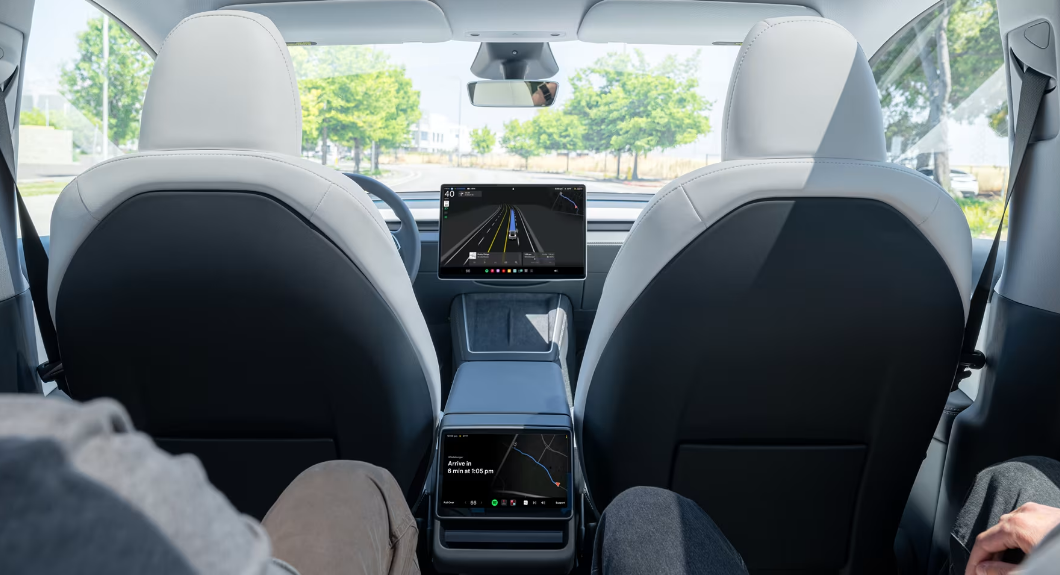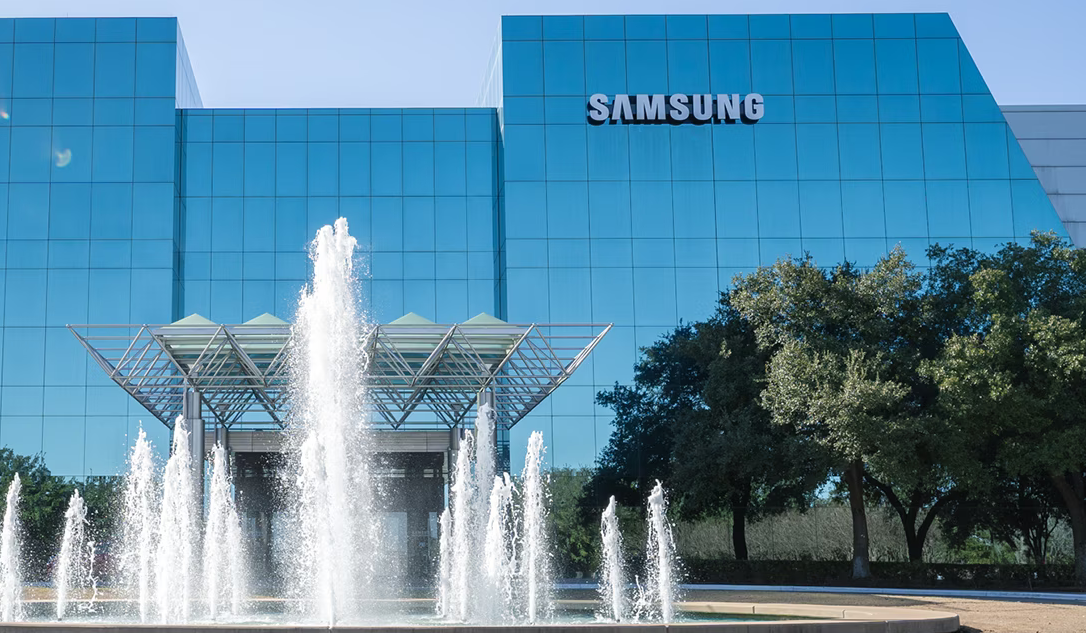On July 28, Tesla CEO Elon Musk announced that the company has signed a chip procurement agreement worth $16.5 billion with Samsung Electronics. This move is expected to boost Samsung's struggling chip foundry business. Musk posted on his social media platform X, stating, "The new large factory being built by Samsung in Texas will be dedicated to producing Tesla's next-generation AI6 chips. The importance of this strategic cooperation cannot be overstated." Musk also mentioned, "Samsung has agreed to let Tesla assist in maximizing manufacturing efficiency. This is critical, and I will personally be involved to expedite the progress. Moreover, the factory is conveniently located not far from my home." Although Musk did not disclose a production timeline for the AI6 chips, he previously indicated that the next generation AI5 chip is set to go into production by the end of 2026, suggesting that the AI6 chips will follow shortly after. Currently, Samsung produces the AI4 chips for Tesla, which provide computing power for Tesla's Full Self-Driving (FSD) system. Meanwhile, TSMC is initially set to manufacture the AI5 chips in Taiwan before transferring production to a facility in Arizona, USA. On July 28, Samsung Electronics also announced the signing of a $16.5 billion chip supply agreement with a major global enterprise, although the company did not disclose details of the agreement until its completion by the end of 2033. However, a source revealed that the global enterprise mentioned is indeed Tesla, as the two have previously engaged in business with Samsung's chip foundry division. Musk's recent comments confirmed this information. Following the announcement, Samsung's stock in Seoul surged by as much as 4%, marking its largest single-day increase in nearly four weeks. A spokesperson for Samsung declined to comment on the collaboration with Tesla. The signing of this contract comes at a time when Samsung has been struggling in the chip manufacturing sector, facing challenges in securing enough orders to fully utilize its foundry capacity, in stark contrast to industry leader TSMC, which still cannot meet all demand. According to TrendForce, in the first quarter of this year, TSMC held a dominant market share of 67.6% in the global foundry market, while Samsung's share dropped from 8.1% in the previous quarter to 7.7%. Analysts from Bloomberg Intelligence stated that the contract to supply semiconductors to this global enterprise indicates a potential revival of Samsung's foundry business in producing 2-nanometer advanced process chips. This contract, spanning from 2025 to 2033 and totaling $16.5 billion, is expected to boost Samsung's foundry sales by 10% annually and may lead to new contracts with other fabless chip companies. Both Samsung and TSMC are advancing to the next generation of semiconductor technology, moving towards 2-nanometer processes, and this new contract is seen as a vote of confidence in Samsung's upcoming manufacturing capabilities.
Tesla Signs $16.5 Billion Chip Supply Agreement with Samsung

Images

Share this post on: